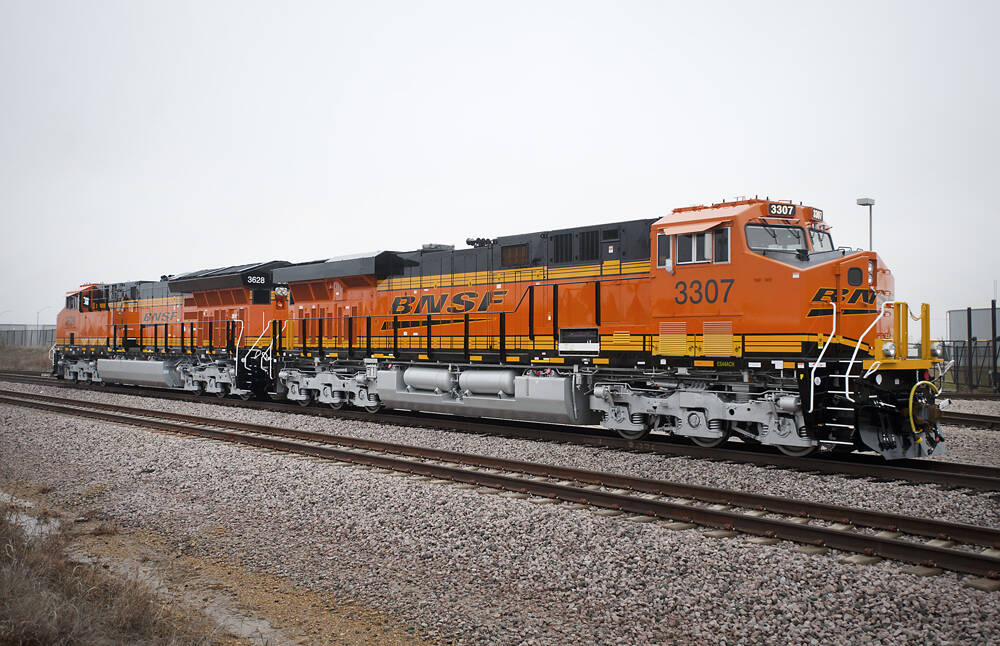
Locomotive power 2024 Someone turned on the new locomotive faucet, but its just a slow drip right now. For several years no new six-axle freight locomotives have been built for North America’s Class I railroads. Now, there are some signs of life. Last year saw orders from Canadian National and BNSF Railway — Canadian National […]
Read More…
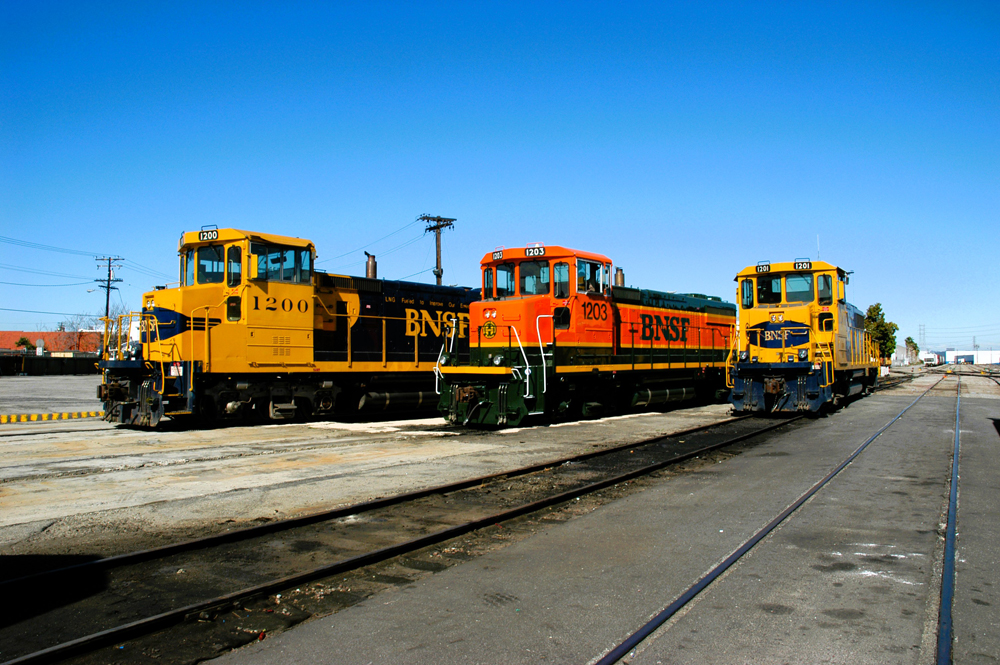
Boise Locomotive’s MK1200Gs During the heyday of ultra-low emission liquid natural gas as an alternative to diesel propulsion, Boise Locomotive Co. [formerly Morrison Knudsen Rail Co.] produced a quartet of LNG 1,200 hp switchers for domestic use in 1994. Two were sent out into the world to be tested on the Atchison, Topeka and Santa […]
Read More…
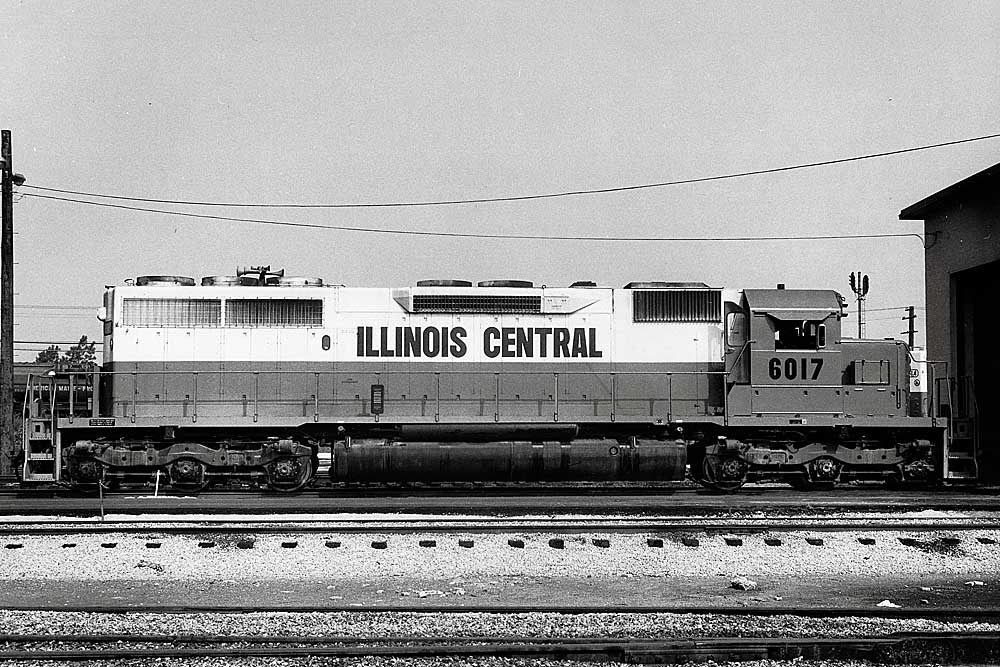
The Illinois Central’s EMD SD40A diesel locomotive resulted from the railroad’s desire to increase fuel capacity. “Customer modifications to production units aren’t all that unusual, don’t usually result in more than minor engineering and construction revisions, and seldom are dignified by a separate builder’s class,” wrote former Trains Managing Editor Wally Abbey in the January […]
Read More…
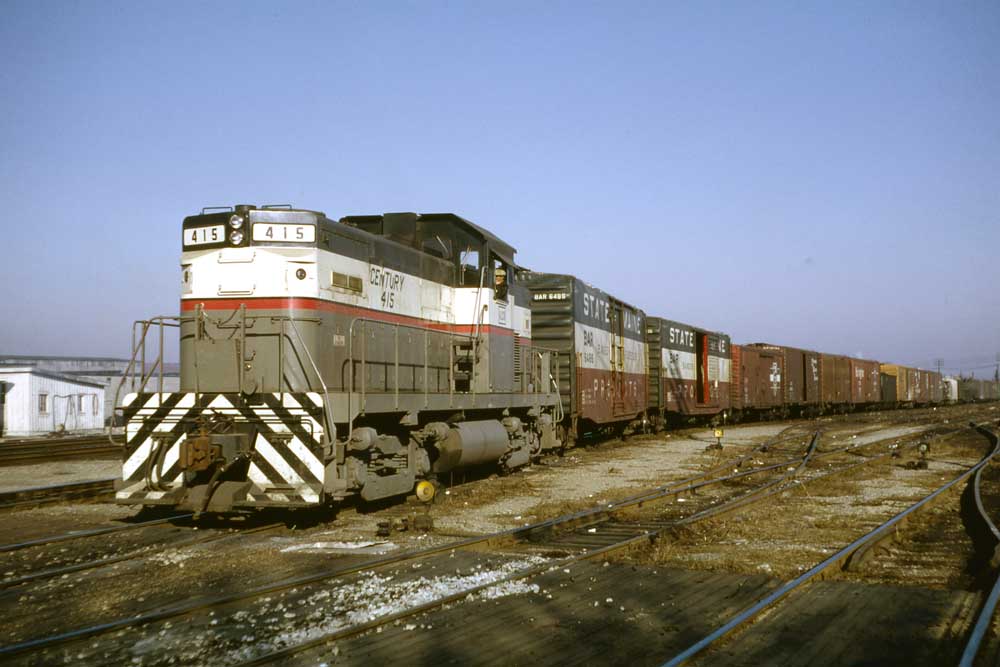
Five Alco locomotives no one wanted: In the annals of locomotive history, there are a great many success stories. The GP7, the U25B, and the SD40-2 spring to mind for many railfans. But among these successes, there are of course failures, models forgotten to time. This article highlights five locomotives from the famed manufacturer Alco […]
Read More…
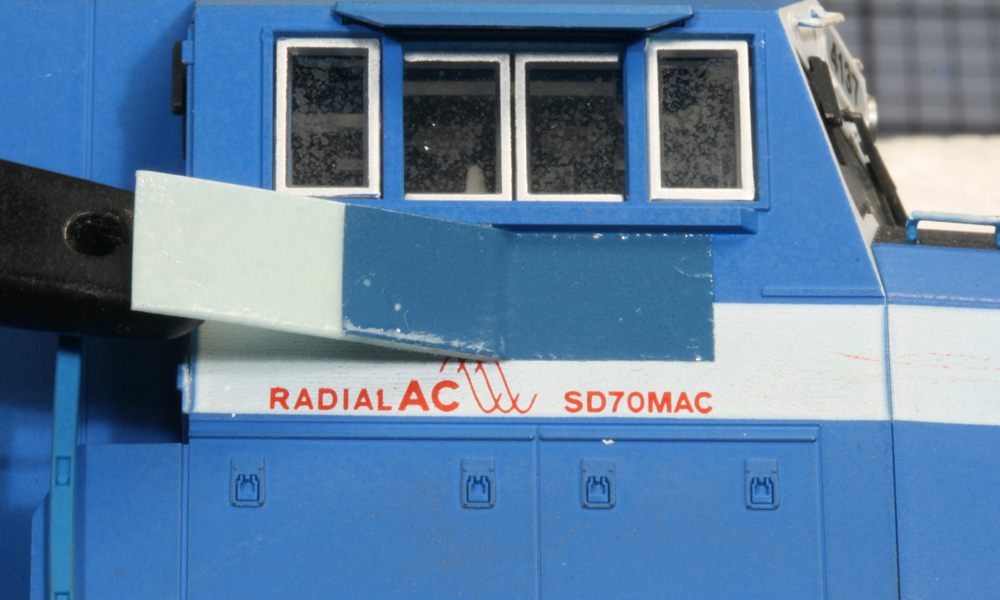
Q: I would like to know how to patch out leased locomotives. I model a bridge line connecting the Nickel Plate (NKP) at Wheeling, W.Va., with the Norfolk & Western (N&W) at Bluefield, W.Va. I roster several EMD GP30s and some Alco units, all in NKP livery. Most of my steam power is lettered for […]
Read More…
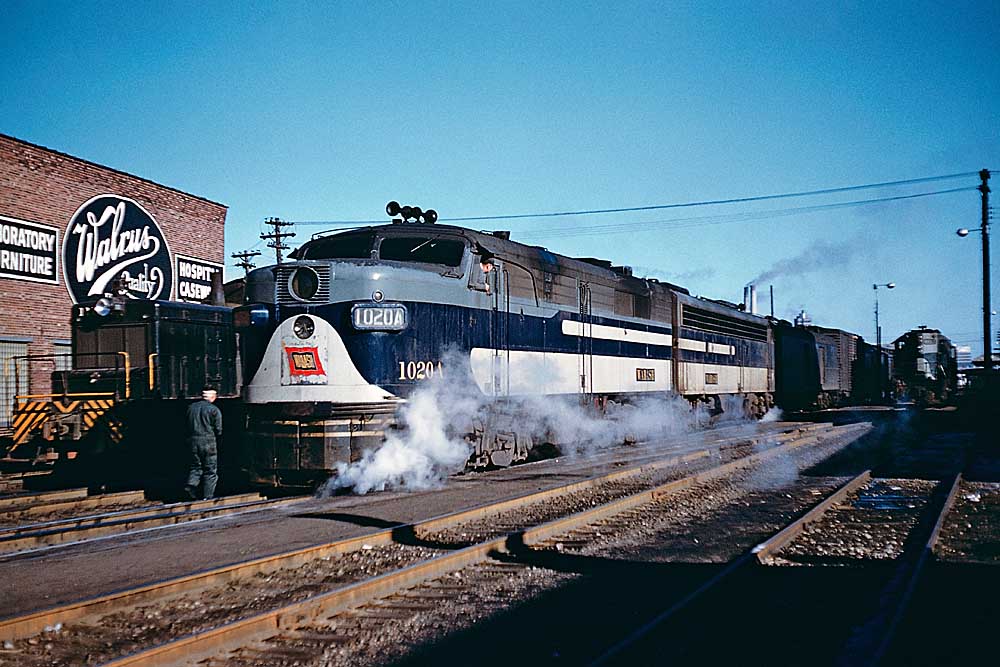
Wabash locomotives were distinctive in both steam and diesel eras. After depending on more than 150 2-8-2s for freights that succeeded typical smaller types, Wabash in 1930 received 50 handsome 4-8-2s and 4-8-4s (25 each) from Baldwin. Perhaps more remembered were seven 4-6-4 Hudsons, rebuilt at Decatur from unsuccessful three-cylinder Mikados in the […]
Read More…
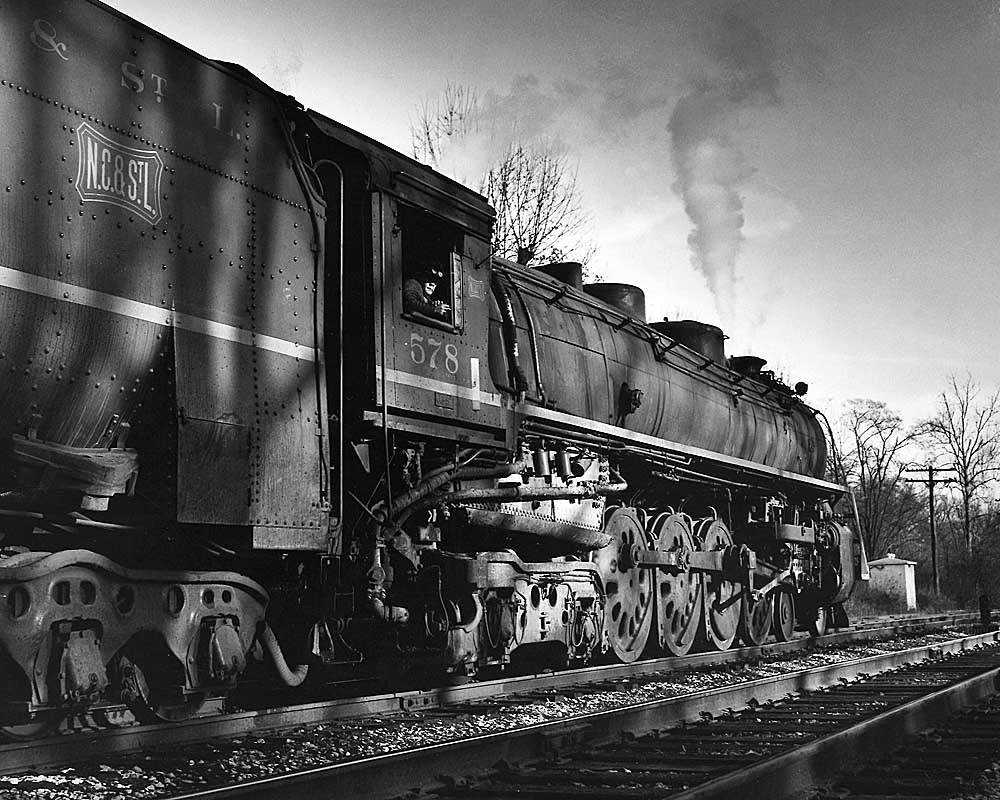
The 4-8-4 steam locomotive wheel arrangement was exemplified in the South by the Nashville, Chattanooga & St. Louis Dixies. Of all the regions in the U.S., the South had the fewest of what might be called the ultimate dual-service “modern” steam locomotive, that is, engines with four-wheel trailing trucks, especially 4-8-4s. An agrarian […]
Read More…
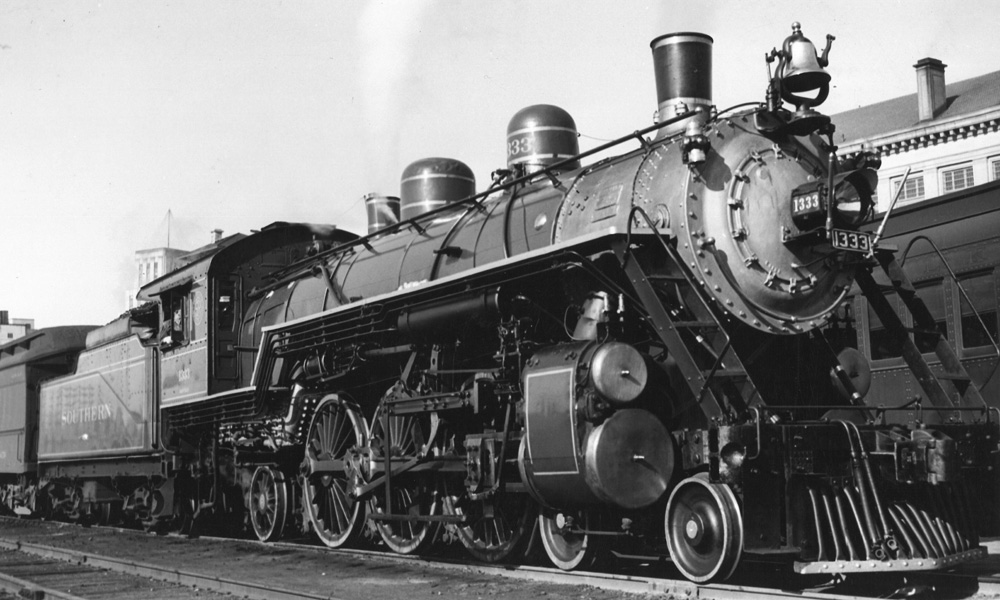
Q: My father, who gave me my first train set in 1974, asked me a couple questions about steam locomotive power that I didn’t know the answers to, so I’m directing them to you. Which wheel configurations are better for pulling a train up a hill versus long freight loads a long distance, and why? Also, […]
Read More…
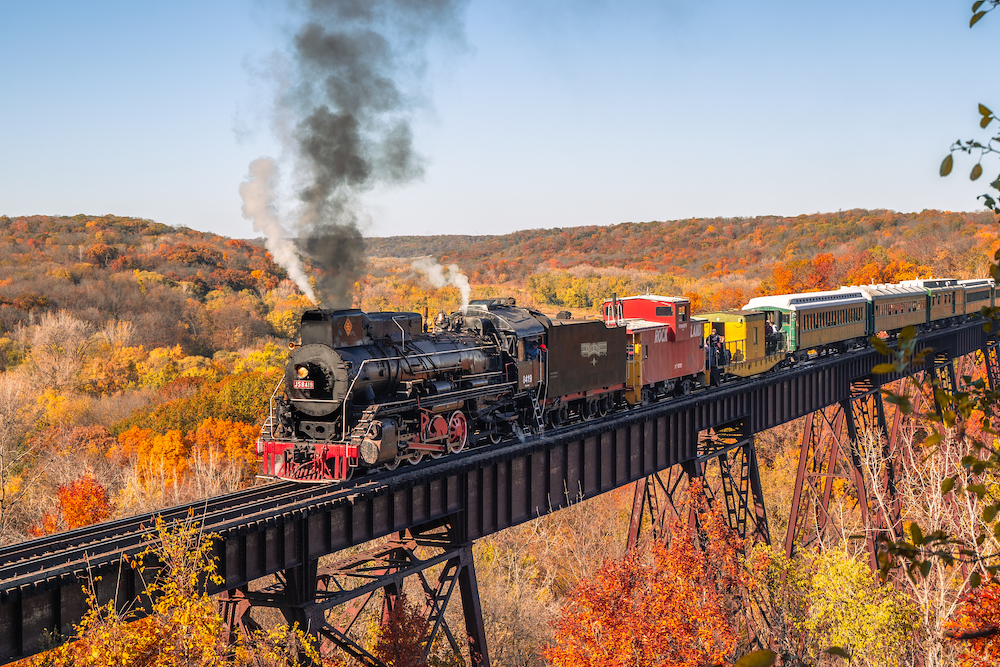
A plethora of steam locomotives made comebacks in late 2023 after being out of service for extended periods of time. Expect these primed-and-ready locomotives to return to service for the full 2024 season. Boone & Scenic Valley Railroad No. 8419 As a reminder of the twilight of steam locomotive manufacturing in the world, No. 8419 […]
Read More…
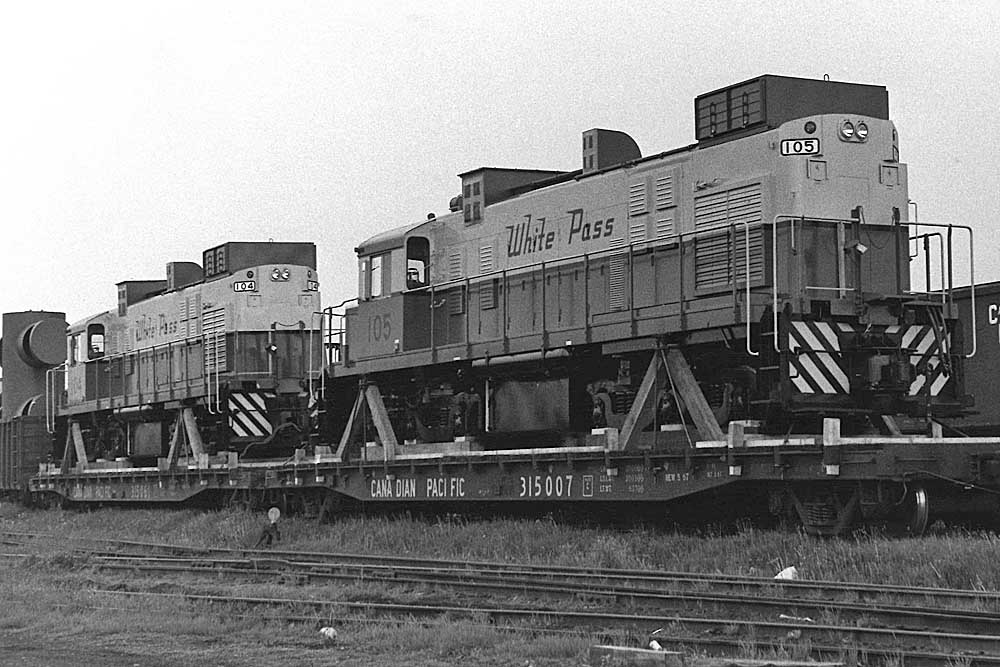
Montreal Locomotive Works DL535E diesel locomotives have proven to be versatile narrow-gauge haulers made famous by a garden railway staple. In 1969, American Locomotive Co. of Schenectady, N.Y., was building seven six-axle, 1,200-hp DL535E diesel locomotives, Nos. 101-107, for the White Pass & Yukon when the builder abruptly shut down its manufacturing operations. […]
Read More…
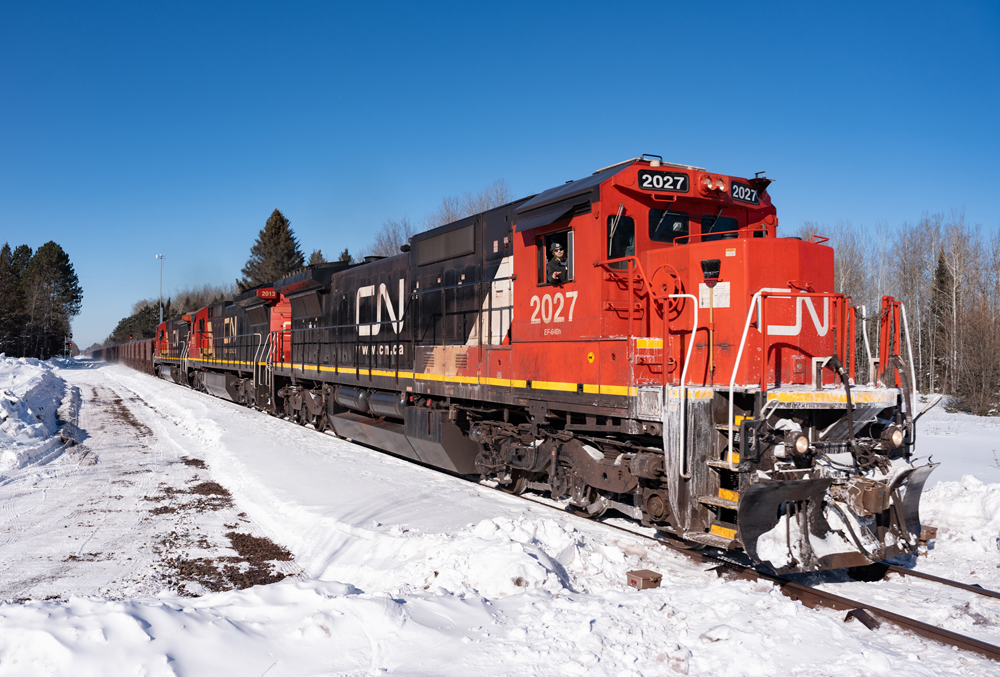
Endangered Class I locomotives Endangered Class I locomotives in 2024: Locomotive fleets are always in a state of evolution. Changes such as new power purchased, older locomotives rebuilt, returned off lease, stored, or retired are always happening. Interest is always piqued when the last of a model is ready to exit a roster. Observers […]
Read More…
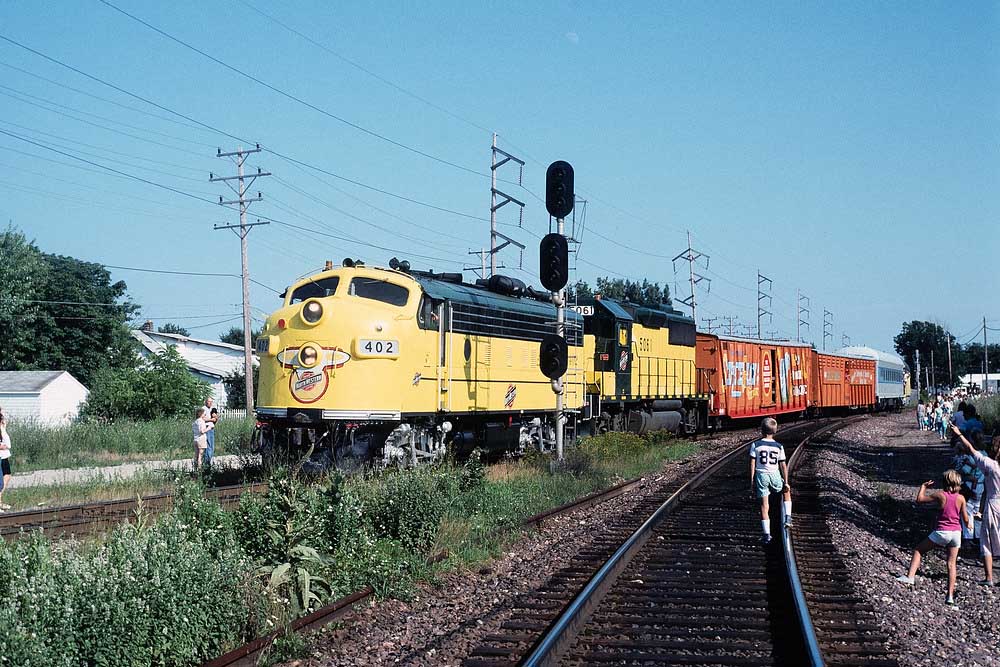
In the steam age, most Chicago & North Western locomotives burned coal, but those assigned to divisions west of the Missouri River were oil burners; in addition, the four Pacifics rebuilt for the 400s were converted to oil. One group of light Pacifics was fitted with special grates for burning lignite, a low-grade coal. […]
Read More…












